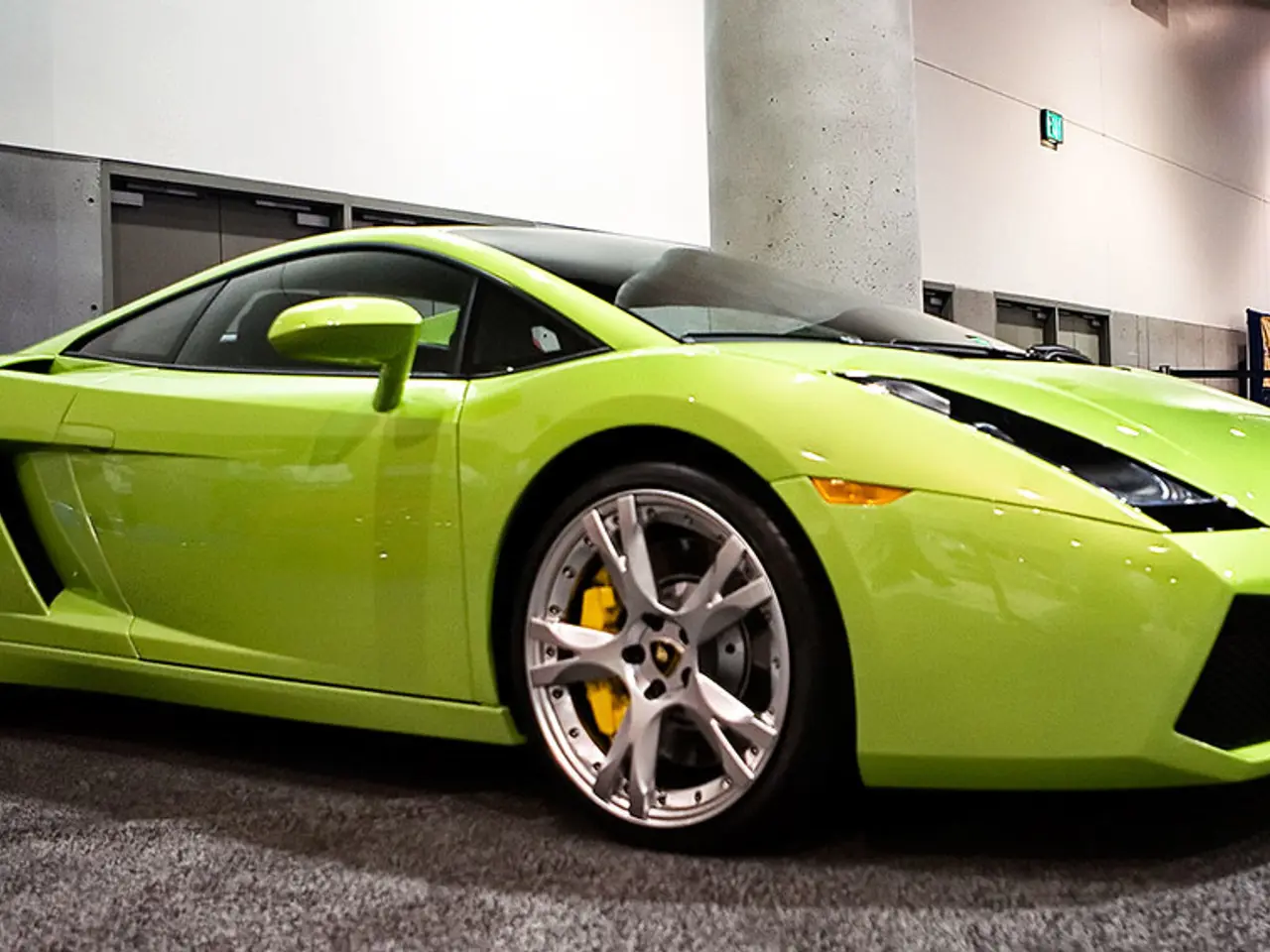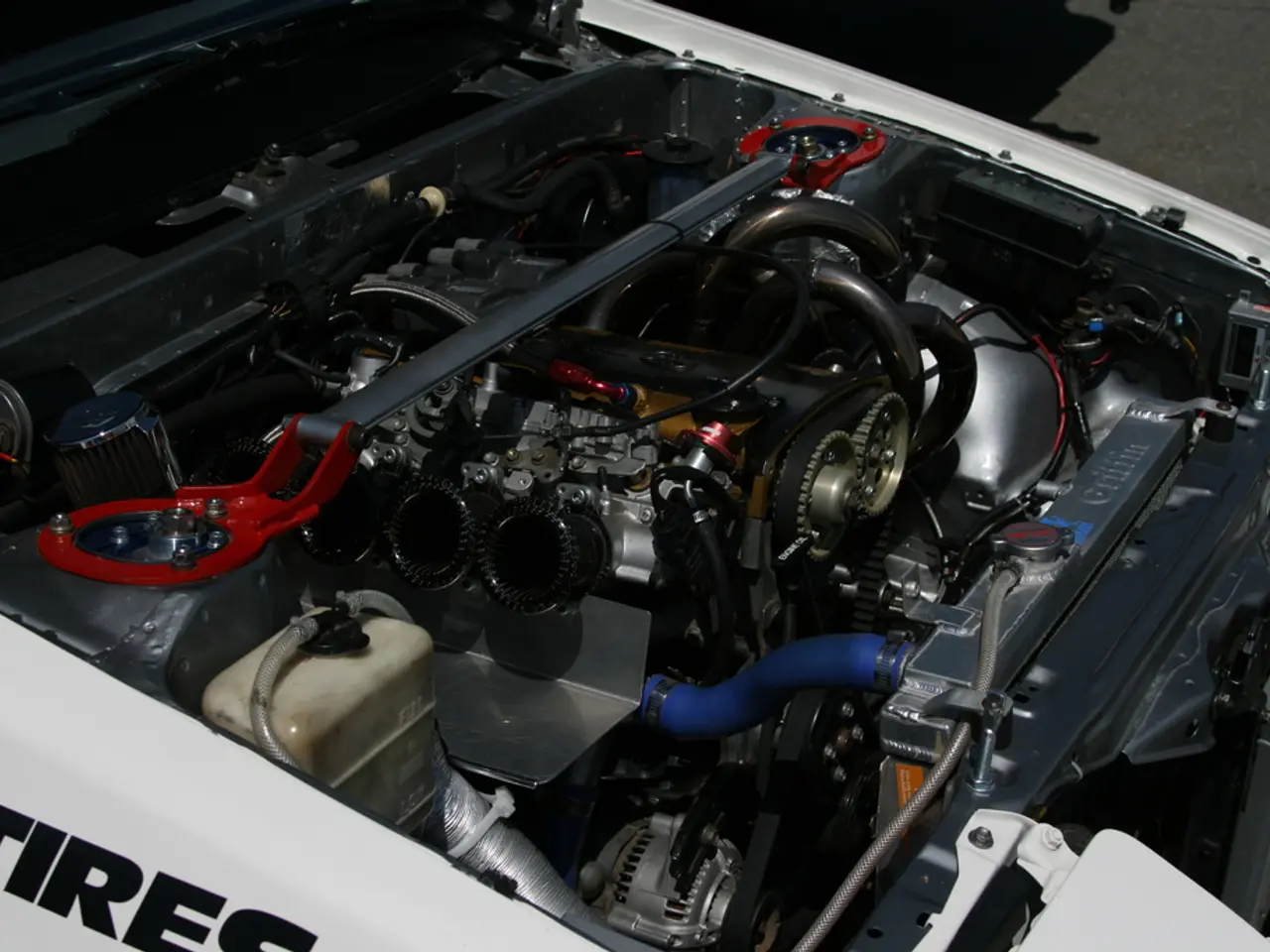VW is reportedly designing a new spark plug for their vehicles.
In a surprising move that challenges the broader industry trend towards electrification, Volkswagen Group (VW) is considering a strategic pivot, focusing more on the development of combustion engine vehicles, especially for its luxury brands like Audi, Bentley, and Lamborghini.
## Reasons for Continued Investment in Combustion Engines
The decision stems from several factors, including consumer demand, strategic flexibility, and the need to balance investment and innovation.
### Consumer Demand and Market Realities
While many automakers anticipated a rapid growth in electric vehicle (EV) sales, actual uptake has been slower in some markets. Consumers remain hesitant due to concerns over cost, charging infrastructure, and range anxiety. Moreover, internal combustion engine (ICE) vehicles continue to be highly profitable and in demand, particularly in emerging markets and among certain customer segments, such as luxury and performance vehicles.
### Flexibility and Risk Management
Audi's CEO, Gernot Döllner, has emphasized the need for "flexibility," reversing previous deadlines to phase out ICE vehicles. This approach allows the company to adjust to changing market conditions rather than committing to a rigid timeline. Additionally, both Audi and Volkswagen are preparing new generations of ICE and plug-in hybrid vehicles, with some combustion platforms expected to remain in production for up to ten more years.
### Balancing Investment and Innovation
Volkswagen Group is still investing heavily in electric vehicles, but is not neglecting the potential for innovation in combustion technology. The group is allocating billions for both electrification and digitalization efforts. Furthermore, luxury brands within the group can use advanced combustion and hybrid engines to differentiate their offerings, as seen with Volkswagen's eHybrid 4MOTION technology.
## Why Luxury Combustion Models?
Luxury customers are less sensitive to fuel type and more focused on performance, comfort, and brand prestige. This segment remains lucrative even as mainstream buyers transition to EVs. Hybrid technology also allows automakers to meet stricter emissions regulations while satisfying customer demand for high-performance vehicles.
Under the project name "Nova," VW is testing the development of a new base for large sedans, SUVs, and sports cars with combustion engines as well as plug-in hybrids. These upgraded combustion engine vehicles are intended to remain competitive with electric vehicles. VW is planning to invest billions in upgrading its luxury combustion engine vehicles, such as the Bentley Bentayga and the new Lamborghini Temerario.
However, criticism is pouring in regarding VW's decision to potentially lay off thousands of employees due to this strategic shift. The sales of electric cars, both in the luxury segment and worldwide, are performing worse than expected, adding to the complexity of VW's decision. Whether the overhauled architecture will be enough to keep up with the competition remains unclear.
[1] Der Spiegel, 2023 [2] Automotive News Europe, 2023 [3] Reuters, 2023 [4] Green Car Reports, 2023
In recognizing the ongoing demand and profitability of ICE vehicles, particularly in certain market segments and luxury brands, Volkswagen Group is allocating resources for the development of advanced combustion engine vehicles. This strategy allows the group, including its brands like Audi, Bentley, and Lamborghini, to maintain competitive offerings and differentiate products through innovative combustion and hybrid technologies.
The continued investment in combustion technology is driven by various factors, including lingering consumer hesitance towards electric vehicles due to costs, charging infrastructure, and range anxiety, as well as the need for strategic flexibility and a balanced approach to investment and innovation. This approach reflects Audi's emphasis on flexibility in managing changing market conditions and Volkswagen's ongoing commitment to both electrification and digitalization efforts.




